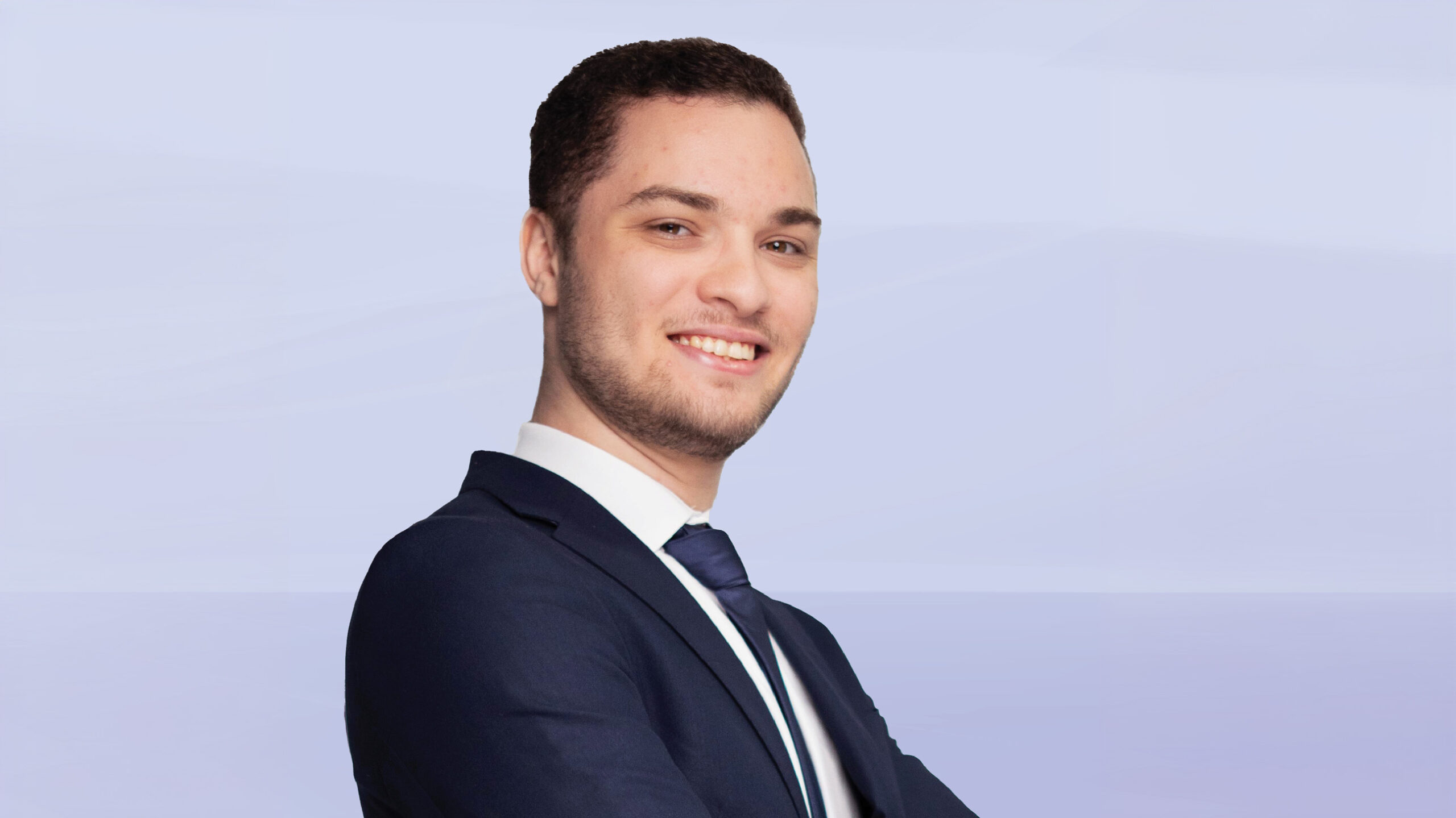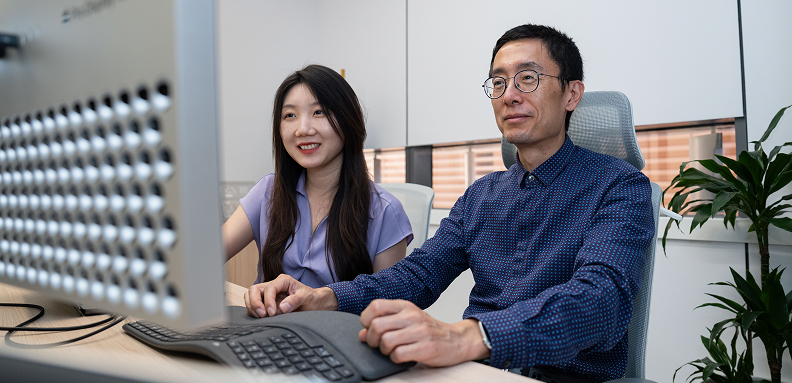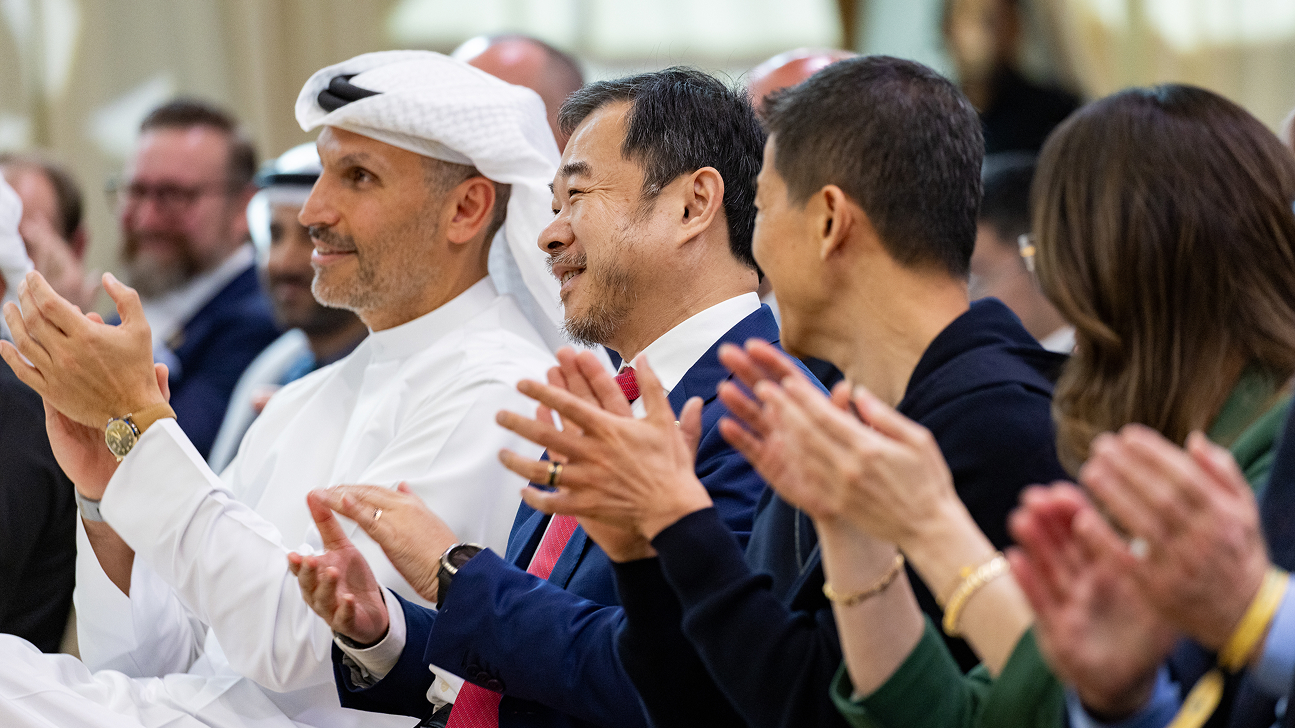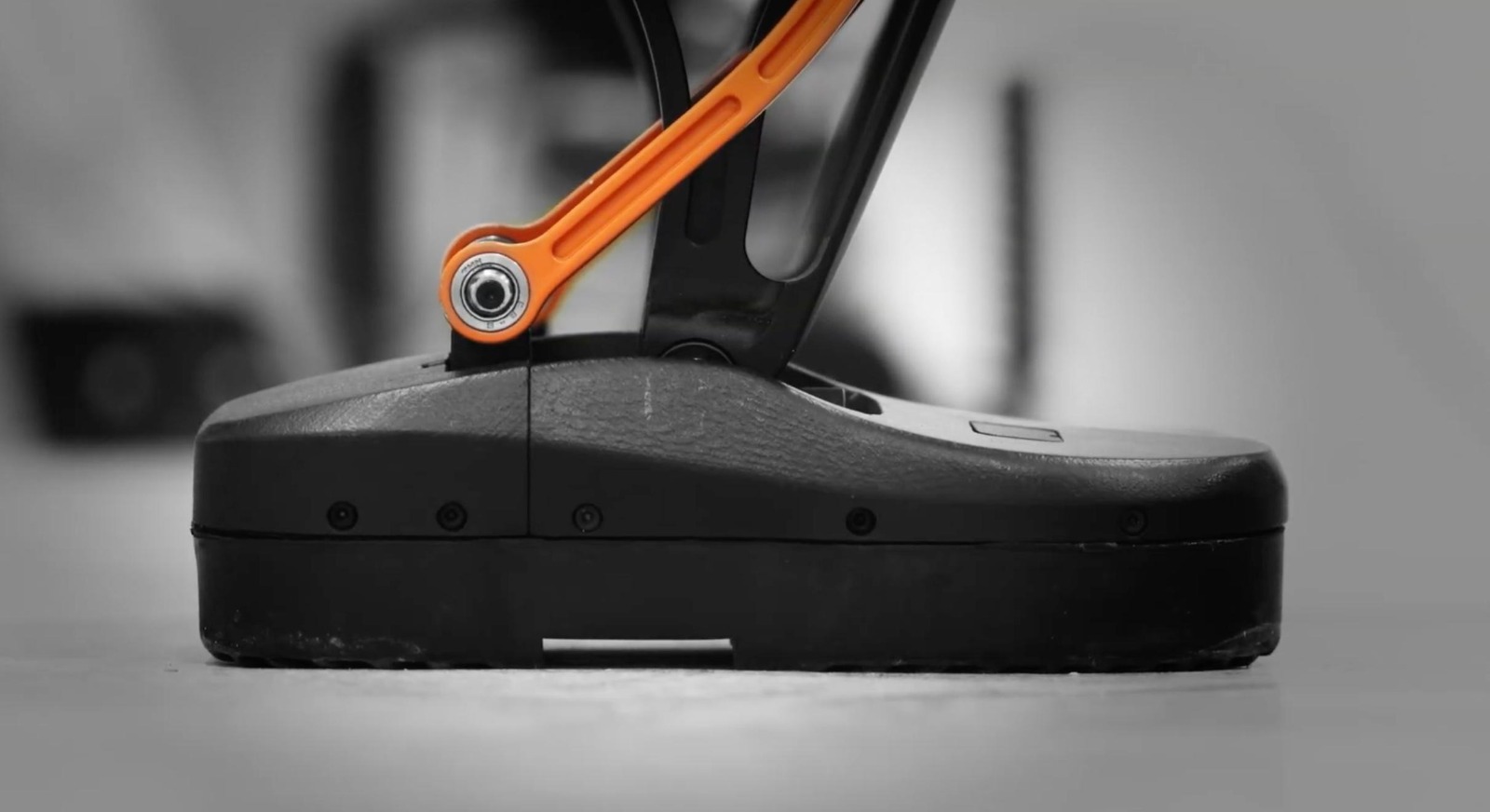Breathing new life into medical applications
Tuesday, June 11, 2024

Having seen the potential of computer vision to positively impact people’s lives, Ahmed Ibrahim Sharshar was determined to make a difference through his research.
“I wanted to do something that is useful for people,” said the Egyptian graduate who recently completed a master’s degree in computer vision at Mohamed bin Zayed University of Artificial Intelligence (MBZUAI).
“I chose to focus on health and medical technology, especially with medical applications, as these could potentially improve so many lives. I wanted to create models that could work for people in developing countries who don’t have access to GPUs and the like, so that they could benefit from the technology we have.
“This is one of the reasons I applied to MBZUAI and chose to work with Professor Mohsen Guizani and Professor Mohammad Yaqub as my supervisors, to have their experience in making models that are lightweight and can work on devices.”
For his thesis, entitled “RespiroDynamics Unveiled: A Groundbreaking Multi-Modal Deep Learning and Spiking Neural Network Framework for Revolutionizing Non-Invasive Lung Health Assessment”, Sharshar looked specifically at lung health and built an application that can assess your lung health without the need of the usual medical devices required to do so.
“You upload a video of yourself forcibly breathing, and our model gives three main estimations to assess how much air is in your lungs, if there are any obstacles, and if you have any problems,” he said.
The three metrics are Forced Vital Capacity (FVC), Forced Expiratory Volume in 1 second (FEV1), and Peak Expiratory Flow (PEF).
Using more than 2,000 samples from 60 participants, with various data types, including Red-Green-Blue (RGB) and Thermal videos, Heart Rate (HR), ECG readings and metadata, Sharshar’s evaluations showed to be incredibly accurate. For FVC and FEV1 he recorded 99.7% accuracy for the RGB model and 100% for the thermal model. While PEF saw accuracies of 97.14% for RGB and 96% for thermal.
And while he is grateful for the technical skills the university helped him develop, Sharshar said it was the ‘ideas’ aspect of computer vision that spurred on his research.
“The courses I took — especially in computer vision — helped me to not just code, but to get the ideas, to innovate, to define the problem and how to solve it. They gave me greater knowledge in state-of-the-art developments, and to me that was more important than coding. This is how we can make things useful for people while also being affordable, and this is why I chose this domain for my research.”
The next step, explained Sharshar, is to improve on his existing model by collecting more data, make the model even lighter, and work on getting more accurate estimations with these lighter models.
“I also want to focus on other medical applications, building lightweight models that can work on devices and include things such as MRIs, brain health, and so on. I have applied to do my Ph.D. here and have been accepted thankfully. I will continue with my same professors because I want to continue on this trend, and because feel so comfortable with my research and my life here.”
Sharshar, who has published or co-published more than 10 papers, admits that the quality of the faculty was one of the key reasons he applied to MBZUAI, and praised their ability to drive students onwards without burning them out.
“The requirements here are high, but the supervisors know how to manage that, and they know how to keep you moving forward. I had offers from Canada, Europe and other Arab regions, but this is definitely the place I want to be.”
Thinking long-term, Sharshar said that he would like to pursue a future in both academia and industry, doing both in parallel to achieve greater impact.
“I want the opportunity to continue learning while teaching others, and also have my own start-up that can provide great results and serve the community. I would love for my research to have practical applications and be useful for people, whether that’s through medical applications or something else. If I can do these two things at the same time, that would be perfect.”
Related
Not just another deck: how MBZUAI’s okkslides is redefining executive communication
The MBZUAI startup is turning messy research and organizational context into decision-ready narratives with a human-in-the-loop AI.....
Read MoreMBZUAI marks five years of pioneering AI excellence with anniversary ceremony and weeklong celebrations
The celebrations were held under the theme “Pioneering Tomorrow: AI, Science and Humanity,” and featured events, lectures,.....
- celebration ,
- five year anniversary ,
- ceremony ,
- event ,
- board of trustees ,
- campus ,
- students ,
- faculty ,
MBZUAI and Minerva Humanoids announce strategic research partnership to advance humanoid robotics for applications in the energy sector
The partnership will facilitate the development of next-generation humanoid robotics tailored for safety-critical industrial operations.
Read More

